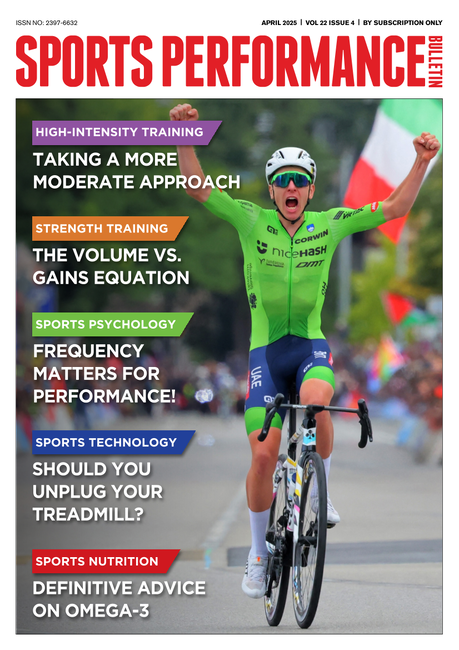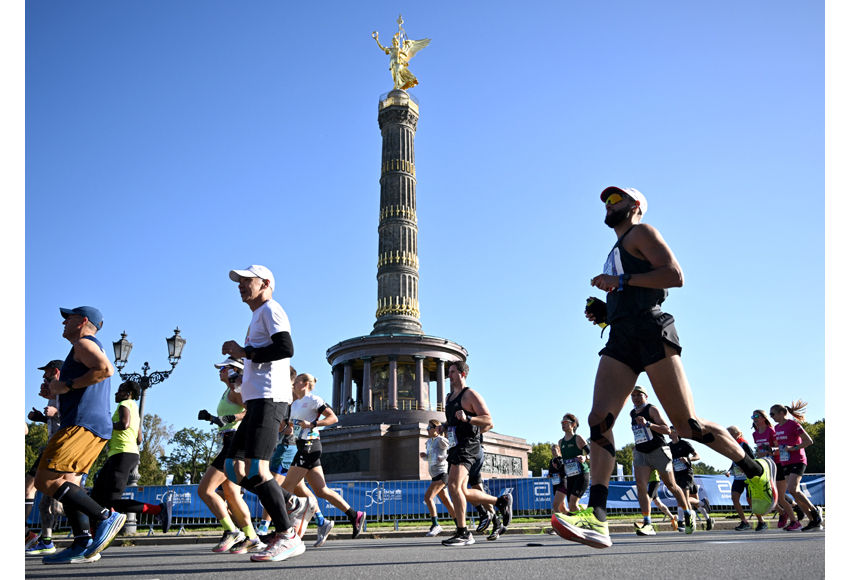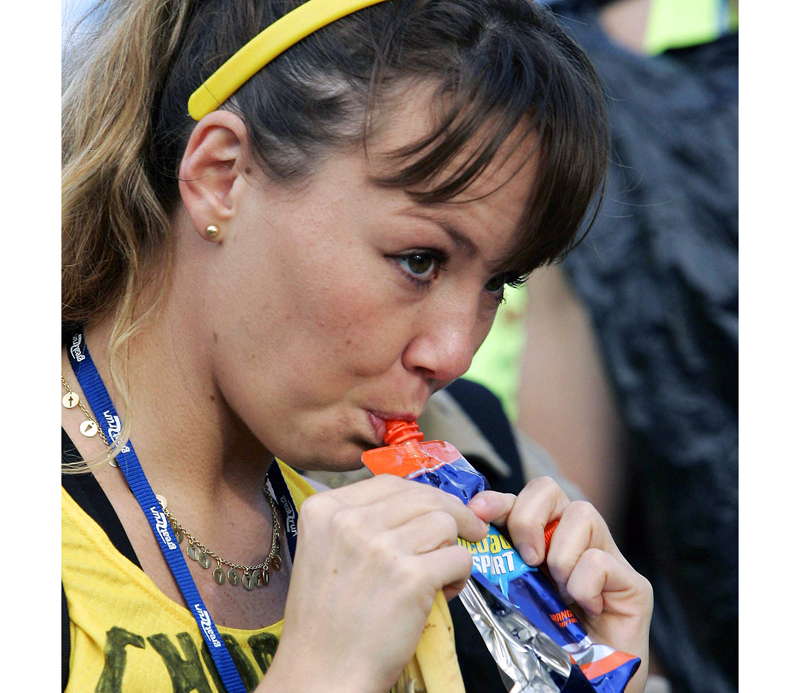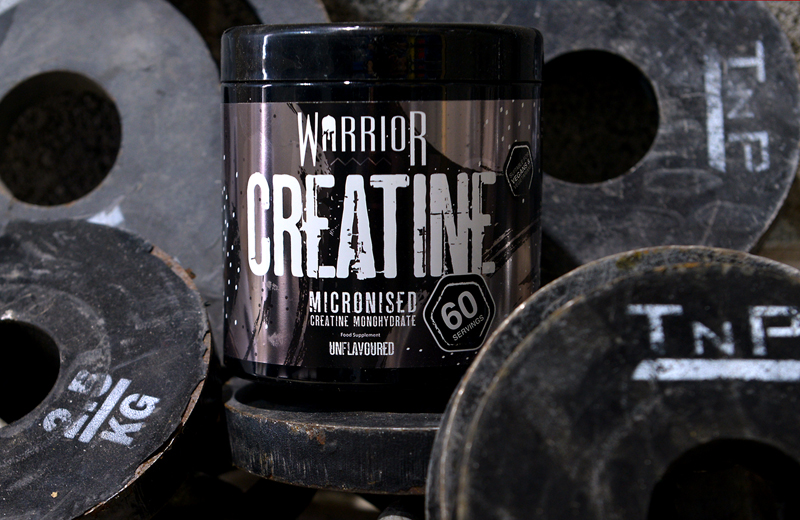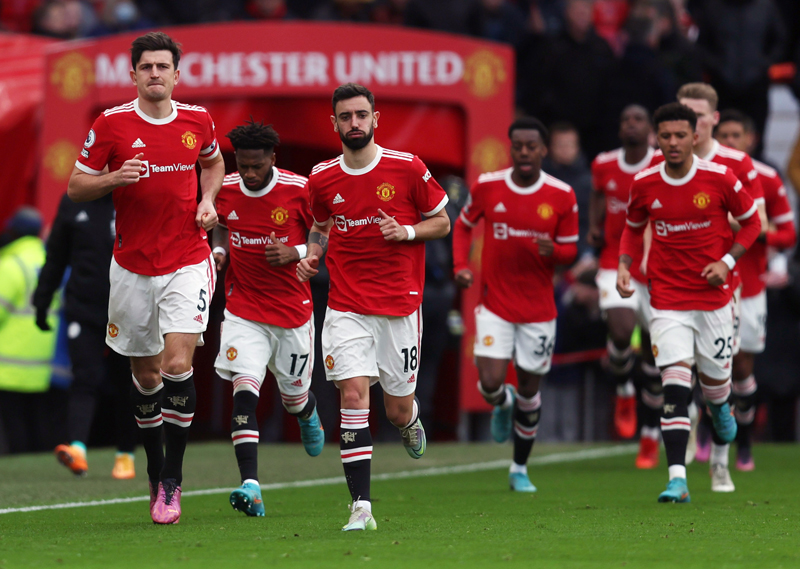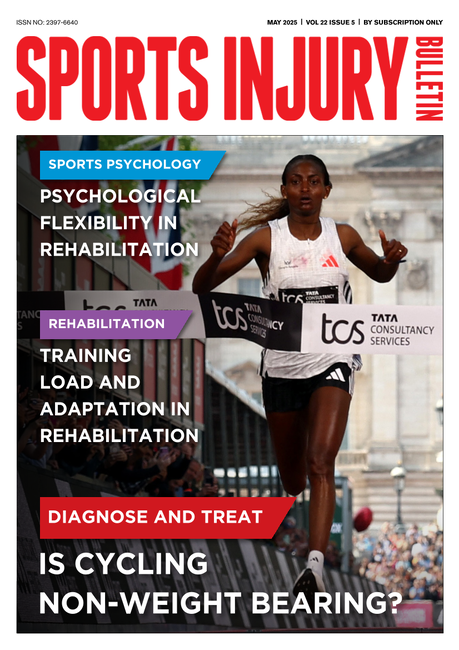High carbohydrate diet can lead to a zinc deficiency
Zinc deficiency can lead to weightloss, decreased endurance and fatigue
Endurance athletes following high-carbohydrate diets in a bid to boost performance are actually putting themselves at risk of performance-impairing zinc deficiency, according to Italian researchers.
Zinc is an essential trace element involved in a range of vital biochemical processes and required for the activity of more than 300 enzymes. Marginal zinc deficiencies are common throughout the world, not only in low-income groups but among those eating unbalanced diets. Proteins, especially those of animal origin, and fat are the most important sources of absorbable zinc. Carbohydrate-rich foods have a lower zinc content to start with, and their relatively high phytate content serves to reduce the absorption of what zinc they do contain.
Mild zinc deficiency, thought to be common in athletes, is difficult to detect because of the lack of definitive indicators of zinc status. Poor appetite is one potential sign: because zinc is involved in the growth and development of taste buds, deficiency reduces taste intensity and selectivity. Thus 'hypozincaemic' people have a poor appetite, do not enjoy eating and tend to find protein particularly disagreeable, thus setting up a vicious cycle of continuing deficiency.
As well as anorexia and weight loss, zinc deficiency in athletes can lead to decreased endurance, fatigue and an increased risk of osteoporosis.
'The nutritional habits of elite athletes during training and competition are quite different from the recommended diet in the majority of the population,' the authors point out. 'Endurance athletes often adopt an unusual diet in an attempt to enhance performance: an excessive increase in carbohydrates and low intake of proteins and fat may lead to suboptimal zinc intake in 90% of athletes.
'Unbalanced diet could be the main reason for the zinc deficiencies frequently found in athletes,' they add, 'although in certain cases strenuous exercise could contribute to the deficiency by increasing sweat loss and zinc redistribution between plasma [the fluid in which blood cells are suspended] and erythrocytes [red blood cells].'
In female athletes zinc deficiency can result in menstrual cycle irregularities, amenorrhoea and osteoporosis. Indeed, as the authors point out, anorexia nervosa, frequently found in young females, especially athletes, has a number of symptoms in common with zinc deficiency, including weight loss, depression and amenorrhoea.
So what can athletes do to maintain optimum zinc levels? Ideally they should revert to a balanced diet, but failing that, a dietary zinc supplement may be the best option - although megadosing is not advisable since excess zinc in the diet can result in a secondary copper deficiency.
Sports Med 2001 31(8), pp577-82
Isabel Walker
You need to be logged in to continue reading.
Please register for limited access or take a 30-day risk-free trial of Sports Performance Bulletin to experience the full benefits of a subscription. TAKE A RISK-FREE TRIAL
TAKE A RISK-FREE TRIAL
Newsletter Sign Up
Testimonials
Dr. Alexandra Fandetti-Robin, Back & Body Chiropractic
Elspeth Cowell MSCh DpodM SRCh HCPC reg
William Hunter, Nuffield Health
Newsletter Sign Up
Coaches Testimonials
Dr. Alexandra Fandetti-Robin, Back & Body Chiropractic
Elspeth Cowell MSCh DpodM SRCh HCPC reg
William Hunter, Nuffield Health
Keep up with latest sports science research and apply it to maximize performance
Today you have the chance to join a group of athletes, and sports coaches/trainers who all have something special in common...
They use the latest research to improve performance for themselves and their clients - both athletes and sports teams - with help from global specialists in the fields of sports science, sports medicine and sports psychology.
They do this by reading Sports Performance Bulletin, an easy-to-digest but serious-minded journal dedicated to high performance sports. SPB offers a wealth of information and insight into the latest research, in an easily-accessible and understood format, along with a wealth of practical recommendations.
*includes 3 coaching manuals
Get Inspired
All the latest techniques and approaches
Sports Performance Bulletin helps dedicated endurance athletes improve their performance. Sense-checking the latest sports science research, and sourcing evidence and case studies to support findings, Sports Performance Bulletin turns proven insights into easily digestible practical advice. Supporting athletes, coaches and professionals who wish to ensure their guidance and programmes are kept right up to date and based on credible science.


